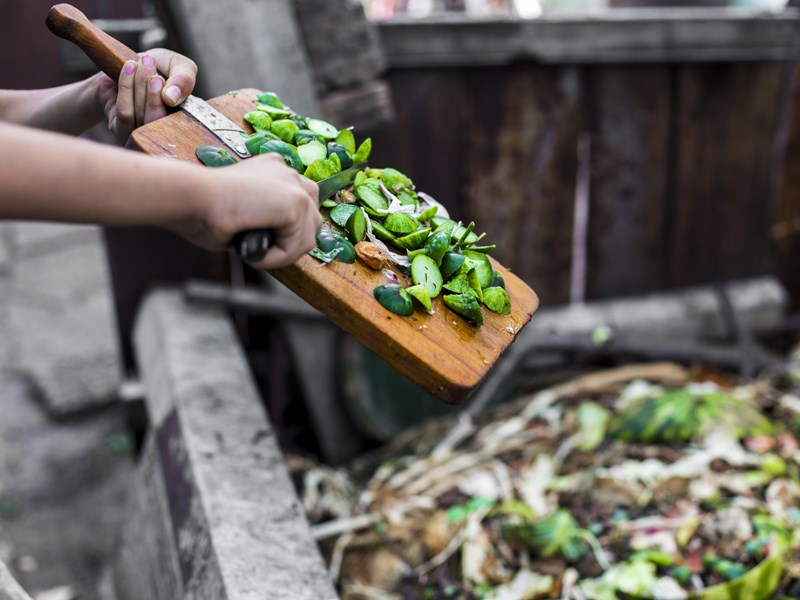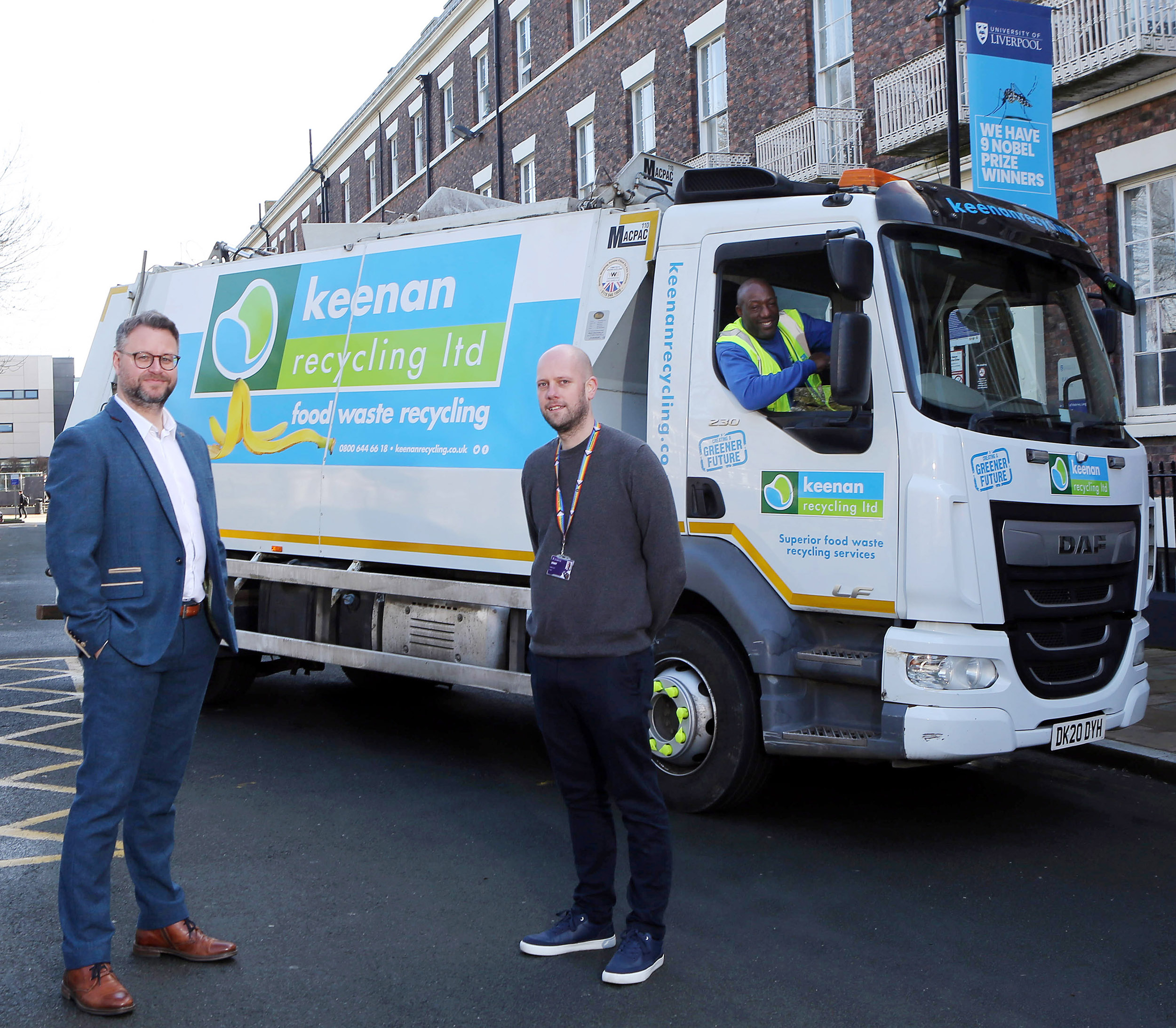Over a quarter (26%) of businesses across the hospitality sector don’t currently recycle their food waste and just under half (42%) say that they don’t consider food waste recycling to be a key priority in their business, according to a new report by Keenan Recycling.
This comes as new legislation from DEFRA and the Welsh Government’s Business, Public, and Third Sector Recycling Regulation are currently in consultation and are due to come into force within the next year.
The new legislation is expected to mandate that any business producing over 5kg of food waste will need to separate and recycle their waste through a registered food waste carrier service, or risk potentially hefty financial penalties.
Although the legislation is fast approaching, 37% of hospitality businesses say they have little or no understanding of it and over half (52%) say they feel unprepared.
However, 60% of hospitality businesses say that recycling food waste is one of their main priorities when considering how to reduce their carbon footprint and half of respondents (49%) did say that their business is working to gain an understanding of the legislation so that they can implement changes at their business.
Marten Lewis, head of corporate responsibility at Bluestone National Park Resort, said: “There is absolutely a business case for more sustainable practices. By tracking, measuring and decreasing our food waste we have been able to both attract new customers and decrease our expenditure when it comes to the procurement of food for our guests. We conducted a questionnaire last year, which was returned by three and a half thousand people, and 89% said they would pay more for a sustainable product provided the quality was there.”
Grant Keenan, managing director at Keenan Recycling, said: “Our research found that the hospitality sector is actually ahead of other industries when it comes to food waste recycling, which is a great position to be in with new laws imminent. But despite this, half still don’t feel prepared for the changes. A sticking point for many is the misconception that food waste recycling is expensive. However, our research found that recycling food waste rather than sending it to landfill can save businesses almost £7,000 per year.
“At Keenan Recycling, we have been working with the hospitality sector in Scotland since similar legislation came into force back in 2014 and all the businesses that we work with have successfully adapted their operations to adhere to the regulations. So, the fact that businesses across the UK are already working to gain an understanding of legislation is a really positive sign and over the coming months there is a big opportunity for the sector to embrace the changes, not only to reduce carbon emissions but to save them money, too.”
To find out more about how the hospitality sector is faring against other industries, download Keenan Recycling’s full ‘Facing today’s food waste crisis’ report here.


